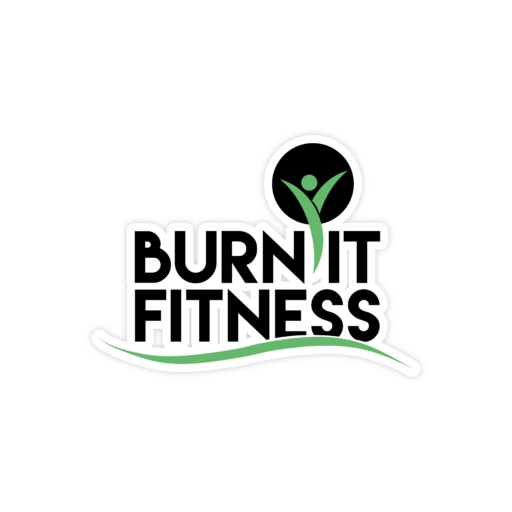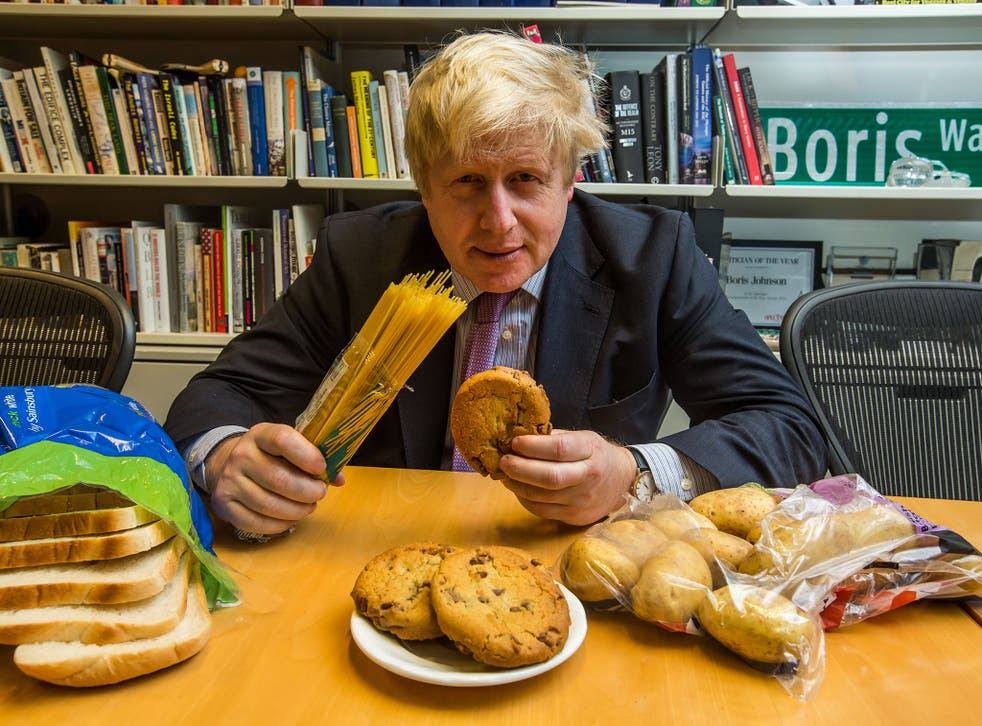For everyone 2020 has been a weird year – for the majority it’s been confusing, sad and stressful; either at separate times or all at once and for a lot of people it’s difficult not to let emotions control our eating.
Emotional eating isn’t always a bad thing – feeling proud of yourself after exercise can make you only want to eat really tasty, healthy foods to reward your body and keep up the good work of improving your health. But when emotion driven eating causes overindulgence of high calories/low nutrient foods time and time again, it’s worth paying attention to, to find out what’s going on.
One of the more common complaints you hear is that feeling stressed causes unwanted, unnecessary snacking. The simple answer is you really want to get to the bottom of the reason causing the stress and remove that from your life – obviously however this is not easy and unfortunately in one blog post we cannot address and fix everything.
If you do know what’s causing the stress then make a plan of how to tackle this – identify the cause, the way to eliminate it, and the steps required to get there. Write/draw the steps if it’s easier to get your head round it that way. Talk to people you trust about it; coping with something on your own will only exacerbate the feelings and with this year especially people should be encouraging others to speak up about problems to get help.
If you aren’t aware what’s causing you stressful feelings, or don’t feel you can pinpoint how or when you stress eat then this needs established first. If you are someone who is good at journaling and taking notes then keeping a diary of when you get food cravings and how you feel at the time will help you work out what’s going on and see if there’s a pattern to it. If not, try just keeping a note in your phone of how you feel each time you ‘stress snack’ – you might think you are a stress eater, but may see nine times out of ten you’ve written ‘bored’ rather than stressed, sad etc. Doing this for a week or so will help you see if there’s a common feeling, or even time of day to it.
Trying to be more conscious of what you’re doing and when may even have positive effects on it as you’re just generally more aware of keeping things in check.
Depending on what you think is the cause for you, there are actions you can take to regain control.
If you find you snack as a way to procrastinate to avoid dealing with whatever the stress causing issue is – give yourself an actual break. A change of scenery, get out for fresh air, phone someone, allow a set time slot to procrastinate as such, rather than dragging it out slowly all day and turning to grazing. You might think you don’t have time for a break, but spells of concentration with allocated breaks will be more productive than a constant procrastination battle.
A good tip in general is just not to have lots of whatever it is you tend to regret snacking on around. It will cause probably a frustrated sigh at the time, but distract yourself from it with one of the suggestions mentioned and you’ll definitely appreciate yourself afterwards for it.
The main point to keep in mind though with all this is absolutely don’t beat yourself up about a lack of willpower regarding stress eating; there is a physiological reason it happens. Your adrenal gland which sits above the kidneys releases a steroid called cortisol, aka the stress hormone. It is released when you feel stressed and its main job is to increase blood glucose levels. So, you feel stressed, your body releases cortisol, it tries to increase blood glucose levels (thought to be able to fuel the fight or flight response), and you get cravings for sugary, high energy foods.
The cortisol response varies from person to person, but trying to keep it regulated will help in several other ways as it has also been linked to poor sleep, unsurprisingly weight gain and negative effect on the immune system.
There are two main ways in which to help regulate your cortisol levels. Firstly, not letting your blood sugar levels get too low in the first place; eating regular meals of slow release energy foods and avoiding a ‘spike-dip-crash-snack- spike-’ pattern from occurring should help to stop high rising cortisol levels. It might feel counterintuitive to eat more at meal times, but an extra few forkfuls at lunch of protein or vegetables will be more beneficial than a lower calorie lunch which results in afternoon cravings (and therefore cortisol response) if you’re prone to reaching for high sugar/low nutrient snacks.
Secondly, it has been shown that going for outside for even just 15 mins can reduce cortisol levels and diminish the cravings with it. Whether this is a brain distraction by change of light, air and perhaps reduced heartrate, or the fight or flight response is reduced by feeling safer/calmer being outside in sunlight isn’t fully known, but it’s an easy to do option during the day if the feeling gets to you.
So, keep the lockdown daily walks habit going, and the Burn It Fitness sessions regular to keep the stress and cortisol away!





